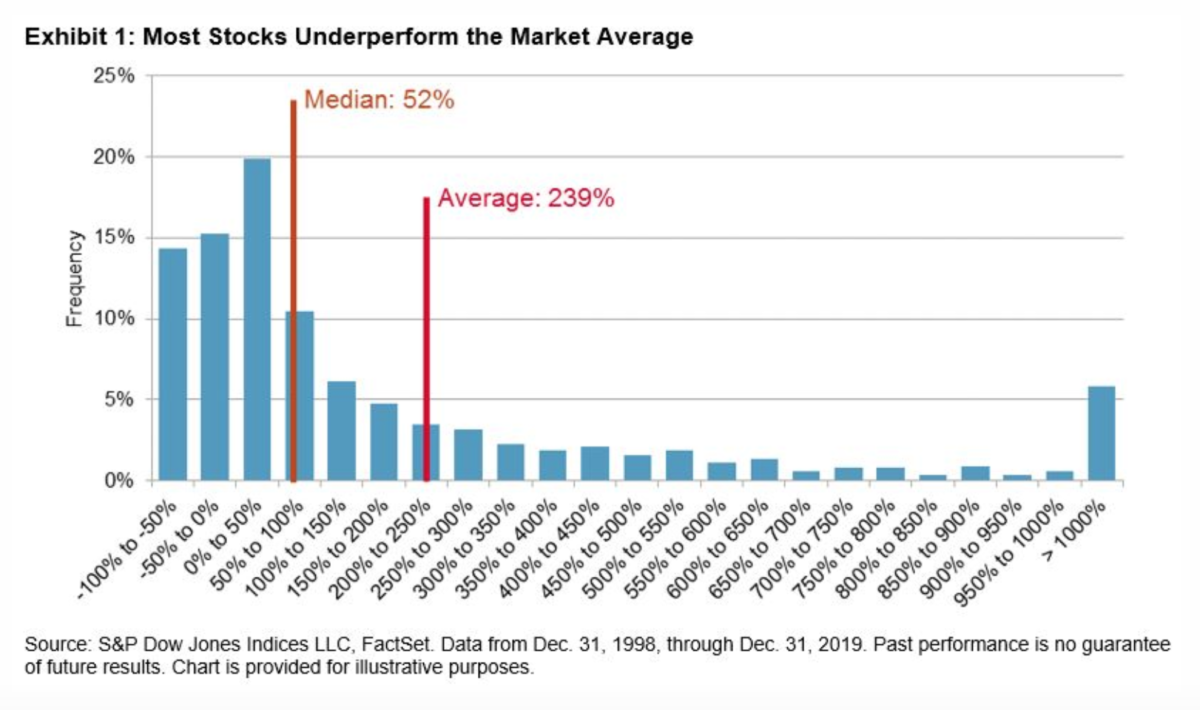
By CRAIG LAZZARA
The author is Managing Director and Global Head of Index Investment Strategy at S&P Dow Jones Indices.
We recently issued our mid-year SPIVA® reports for the U.S., Australia and Europe, and other regions will follow in due course. Although one can sometimes find exceptions in the short run, the long-term results of SPIVA can be easily summarised:
— The majority of active managers underperform most of the time.
— Historical success does not predict future success.
90 years of evidence
SPIVA continues a line of inquiry that began nearly 90 years ago with the first study of active fund performance versus passive benchmarks. This work accelerated in the 1970s, as the growth of professional portfolio management drew increasing academic interest. Nobel laureate Paul Samuelson was representative of his contemporaries in suggesting that “most portfolio decision makers should go out of business”.
Active managers didn’t take kindly to Samuelson’s suggestion in 1974 and, despite the accumulation of confirming evidence since then, they don’t take kindly to it today either. We’ve estimated that the cumulative cost savings to asset owners just from indexing the S&P 500®, S&P MidCap 400®, and S&P SmallCap 600® amount to better than $300 billion, and every dollar of costs saved by the investor is a dollar of fees not paid to an active manager. So while resentment is to be expected, it’s surprising that critics of SPIVA sometimes focus on its minutiae, rather than on its results.
No coincidence
The most important thing to realise about SPIVA results is that they are not a coincidence. The active management community didn’t lose a cosmic coin flip 90 years ago; active underperformance happens for a set of readily identifiable reasons. These include:
Professionalisation. Portfolio management is a zero-sum game; the only source of alpha for the winners is the negative alpha of the losers. When most of the assets in a market are professionally managed, the average professional won’t beat the market because the average professional is the market. It’s not a coincidence that the first index funds were launched in the 1970s; by that point the U.S. equity market had been largely professionalized.
Cost. The expense ratio of the average actively-managed equity mutual fund was 0.74% in 2019; the average index fund cost 0.07%. The average active manager therefore starts out 67 bps in the hole.
Skewness. The distribution of stock returns is skewed—i.e., most stocks underperform the market average. Exhibit 1 illustrates this for the S&P 500.

Of the 1,010 stocks that were part of the S&P 500 between 2000 and 2019, only 267 returned more than average. The probability that a randomly chosen stock would deliver above-average performance, in other words, was 26%, not 50%. When fewer stocks outperform, active management is harder.
Expect more of the same
These (and other!) reasons are robust and sustainable. Investment management will stay professionalized, active costs will always exceed index costs, and in most years most stocks underperform the average in most markets.
The index advantage is likely to persist.
This article was first published on the Indexology blog.
For more valuable insights from our friends at S&P Dow Jones Indices, you might like to read these other recent articles:
A wasted opportunity for Australia’s fund managers
Active or passive — which is more volatile?
How long do top-quartile funds stay there?
Three hundred and twenty billion dollars
US fund managers flopped in the crisis
92% of Canadian fund managers underperformed in 2019
What are you going to read next? Here are some suggestions:
What investors can learn from Moneyball
Why we’re working with OpenMoney
Don’t judge people based on money
What do ageing populations mean for your portfolio?
There is such a thing as too much choice
FIND AN ADVISER
Are you looking for an evidence-based financial adviser? We my be able to help you. Just give us your name and email address and we’ll email you a brief questionnaire to help us identify a suitable candidate.
Picture: Aaron Burden via Unsplash









